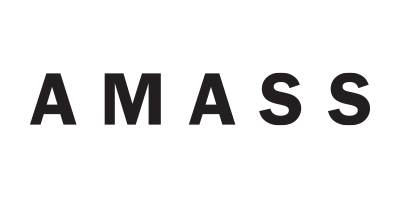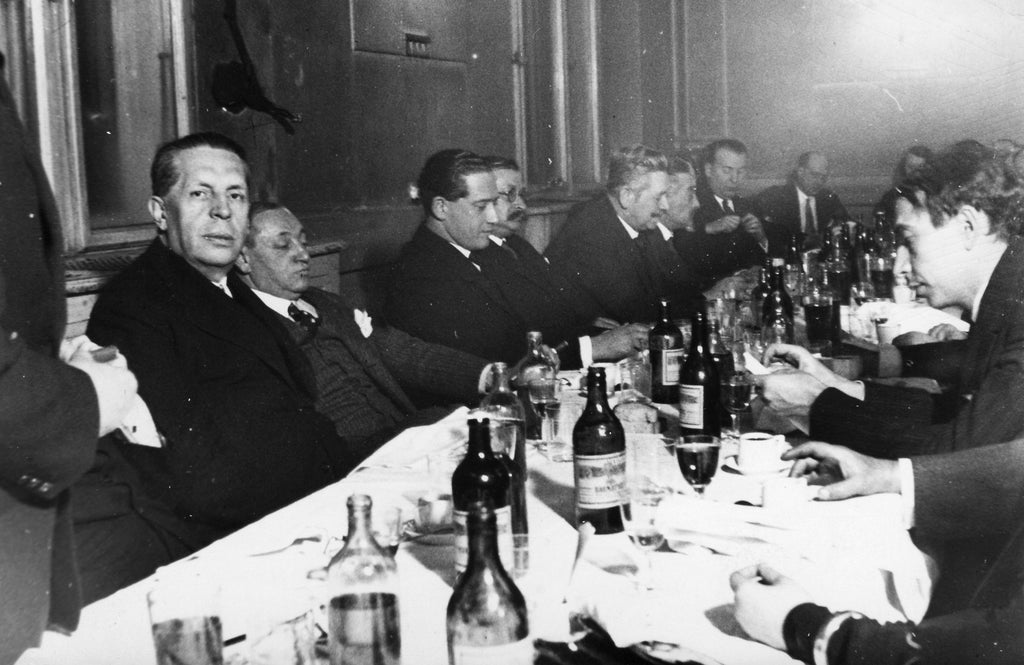A Storied History of the Post-Work Drink
Since the advent of alcohol, imbibing has gone hand-in-hand with unwinding. We mark the end of a day with a twist of a cap, the pour of a drink, the clink of ice in a glass. Happy hour, in particular, has become a designated time for us to meet up with friends and colleagues over drinks and half-priced appetizers and forget about the meetings, the deadlines, the banality of the workday. It wasn’t always like that though.
The term “happy hour” comes from American Naval slang dating back to World War I. In its conception, it referred to an allotted time on the ship when sailors could let loose, so to speak, competing in boxing matches and other foolhardy pursuits. Alcohol was not yet intrinsically linked to happy hour–the term instead referred, quite literally, to the one hour a day sailors got to kick back and make happy.
During Prohibition, the phrase was picked up to describe the underground speakeasy gatherings that often took place. Opinions differ on how the term became introduced into mainstream vernacular–some say it was a Saturday Evening Post article from 1959 that mentioned happy hour in regards to military life, while others cite a 1961 Providence Journal article referencing Newport policemen “deprived of their happy hour at the cocktail bar.” Regardless of how the expression rose in popularity, it was quickly co-opted by the service industry in the ’70s and ’80s as a way to draw in customers before the daily dinner rush.
The idea stuck, and now nearly 50 years later you can stroll into any chain restaurant on a Wednesday and order a $1 Mai Tai, so long as you show up before 6 pm. It’s a uniquely American sensation, the notion of getting drunker for less. But happy hour, despite its popularity among deal-loving Westerners, is not a universal phenomenon. In some places, offering discounted drinks is even prohibited by law.
“Colleagues are drinking as a means to understand and connect with each other. They’re searching for a deeper truth that is harder to come by within the confines of a cubicle, and the ritual of after-work nomikai gives them the time and space to do that.”
Imbibing in a post-work drink is not just about snagging a deal, though. In Japan, drinking is deeply ingrained in corporate culture, a way of breaking down barriers between bosses and employees outside of the daily 9 to 5. Nomikai, which loosely translates in English to “gathering to drink,” is a recreational aspect of work, but to say it is entirely optional would be to write off the intense pressures present in many Japanese workplaces. This attitude is slowly changing, thanks in large part to a drunk driving law that was stiffened in Japan in 2007 to prohibit driving with a blood-alcohol level above 0%. The advent of non-alcoholic beer and spirits shortly followed. But the desire to indulge in a post-work drink speaks to a larger social yearning that doesn’t seem to be fading, even as non-alcoholic options replace the standard boozy fare.
The term nommunication, a combination of the Japanese word nomu, meaning drink, and the English word communication, describes the phenomenon best–colleagues are drinking as a means to understand and connect with each other. They’re searching for a deeper truth that is harder to come by within the confines of a cubicle, and the ritual of after-work nomikai gives them the time and space to do that.
Drinking after work is not narrowly defined by a trip to the bar, however. At-home cocktail culture has been on the rise for quite some time now, with stylized bar carts becoming a fixture in living and dining rooms across the world. The uptick of craft distilleries and breweries has ignited a passion for drinking–and drinking well. It’s not just “cracking open a cold one” after a long day at the office–consumers are sipping natural wines, shaking up premium cocktails, and enjoying low-alc and even non-alcoholic spirits and aperitifs at the end of the workday.
For many, the intent to get drunk has escaped the equation and instead has been replaced with a desire to slow down and delight in the pleasure of drinking. At the end of the day, people crave that ritual, whether as a means to human connection or simply to feel connected to themselves. And despite a rather storied and sometimes complicated past, the tradition of the post-work drink is rooted in that connection.

